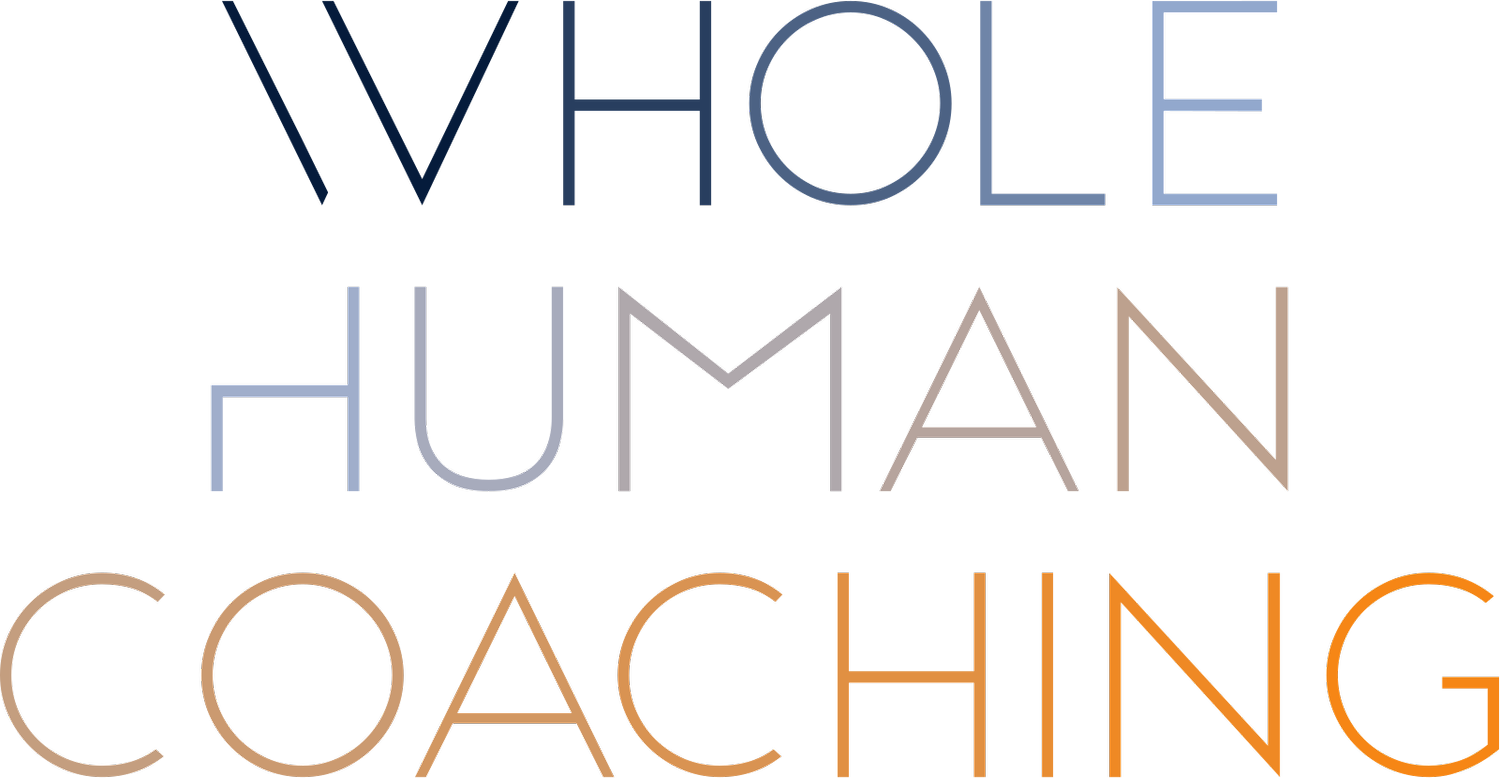The Hidden Impact of Unrecognized Traumas in the Workplace
Trauma often gets associated with war, abuse, or natural disasters, which we instantly identify as traumatic.
Yet, numerous unrecognised - less dramatic - traumas can affect our work daily, compelling us to behave in ways we aren't proud of or happy with. Trauma could come from a divorce, prolonged financial insecurity or an atmosphere of "there is not enough" to something as simple as not having curtains in your bedroom, creating a subconscious feeling of being unsafe sustained over time.
If you've ever found yourself on the receiving end of a colleague's outburst, unable to control your incendiary emotions, or feeling persistently disconnected and numb, you may be struggling with unrecognised traumas. Here is how they might show up in the workplace:
The Boundary Problem
When you've experienced trauma, your system becomes hypersensitive to potential threats, leading to a profound loss of control. As a result, even trivial incidents can make you feel threatened and exposed to danger. This hyper-vigilance can make it challenging to set and maintain boundaries in the workplace. You may find yourself saying "yes" when you mean "no," afraid of retribution if you don't comply. This can lead to burnout, resentment, and feelings of overwhelm.
The Trigger Problem
Traumatic memories are stored differently in the brain. It's like your mind creates an album of terror, which can be accessed by anything remotely associated with the original trauma. This leads to emotional and physiological responses disproportionate to the actual stimulus. In the workplace, this can manifest as overreacting to mild criticism, feeling unreasonably anxious in meetings, or experiencing vivid flashbacks in response to a particular tone or phrase.
The Attachment Problem
Human beings are wired for connection. The relationships we form with others help us feel safe and secure and provide a sense of belonging. Yet, trauma can damage the attachment system, making it difficult to trust others and maintain healthy relationships. This can lead to isolation, loneliness, and a lack of support. In the workplace, this can manifest as distancing yourself from colleagues, refusing to socialise, and an aversion to teamwork.
The Self-Image Problem
Trauma can lead to a sense of profound disconnection from yourself. You may feel like you're watching your life happen outside your body or that you don't recognise the person you see in the mirror. This detachment can lead to a lack of self-esteem, self-worth and a deep emptiness. In the workplace, this can manifest as a lack of confidence, an inability to accept compliments, and a fear of failure.
The Healing Journey
Suppose you're struggling with unrecognised - hidden away from yourself - traumas; the first step is acknowledging and accepting your feelings. Trauma creates shame and guilt, making openly discussing your struggles challenging.
Seek support from trusted colleagues, friends, family, or a therapist. Also, consider taking advantage of your workplace's employee assistance program, healthcare benefits or programs with Kaylo.
Be gentle with yourself, and remember that healing is a journey. Small steps, like prioritising self-care, practising mindfulness, setting healthy boundaries, and building healthy relationships with colleagues, can help you reclaim your power and sense of self.
A Lived Experience
I have been on a personal journey this past year, only recognising trauma recently that I suppressed unconsciously for most of my adult life.
It clouded the lens through which I looked at everything work-related.
More recently, I have been practising what I preach above and embodying the practices, which has been extremely liberating. I feel lighter and have a much different perspective today. I feel free.

